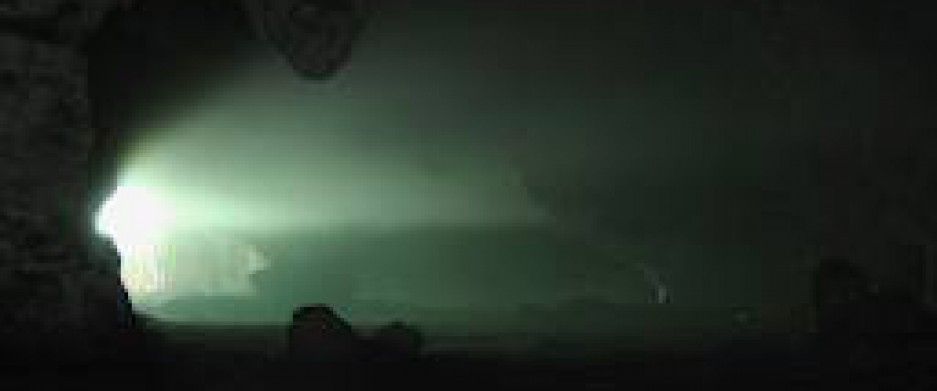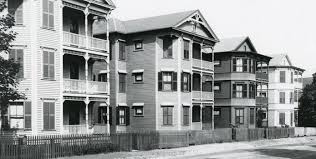Chapter 19 of How It Was When My Mother Died concludes this collection of interviews.
I thank the women for their stories, which have proven timeless. My tears flowed readily, a witness to that timelessness as I typed in the stories after all these years. The effect of a mother’s death on one’s life is timeless. It goes on in thought and dream, even as she goes on, as she continues to be in her life as it is now.
Last thoughts from several of these motherless women …
Of her Finnish mother Aino, Hannah observed, “She was just always there and then she wasn’t.”
Janet remembered the first snow after her mother Rosina had died. “There was something about the ground freezing and the snow covering her. It was so final. That first winter was very hard.”
And Mariaelana’s thoughts are meaningful for many of us who have lost our mothers. “I feel like an archeologist when they dig. I feel like I’m the top layer, the foundation for my children. I am on top of my mother and my grandmother. Now it’s my turn. I need to know my past. I need to let my children know their past. It’s what’s embedded in them. I hope I’m good soil for them to set their roots in.”
Good soil indeed. Our mothers gave us the gift of life. May we all be good soil for the seeds planted in us and meant to grow, bud, blossom and be fruitful. Even as our mothers gave us life, may we do likewise for others as we can.
-30-

